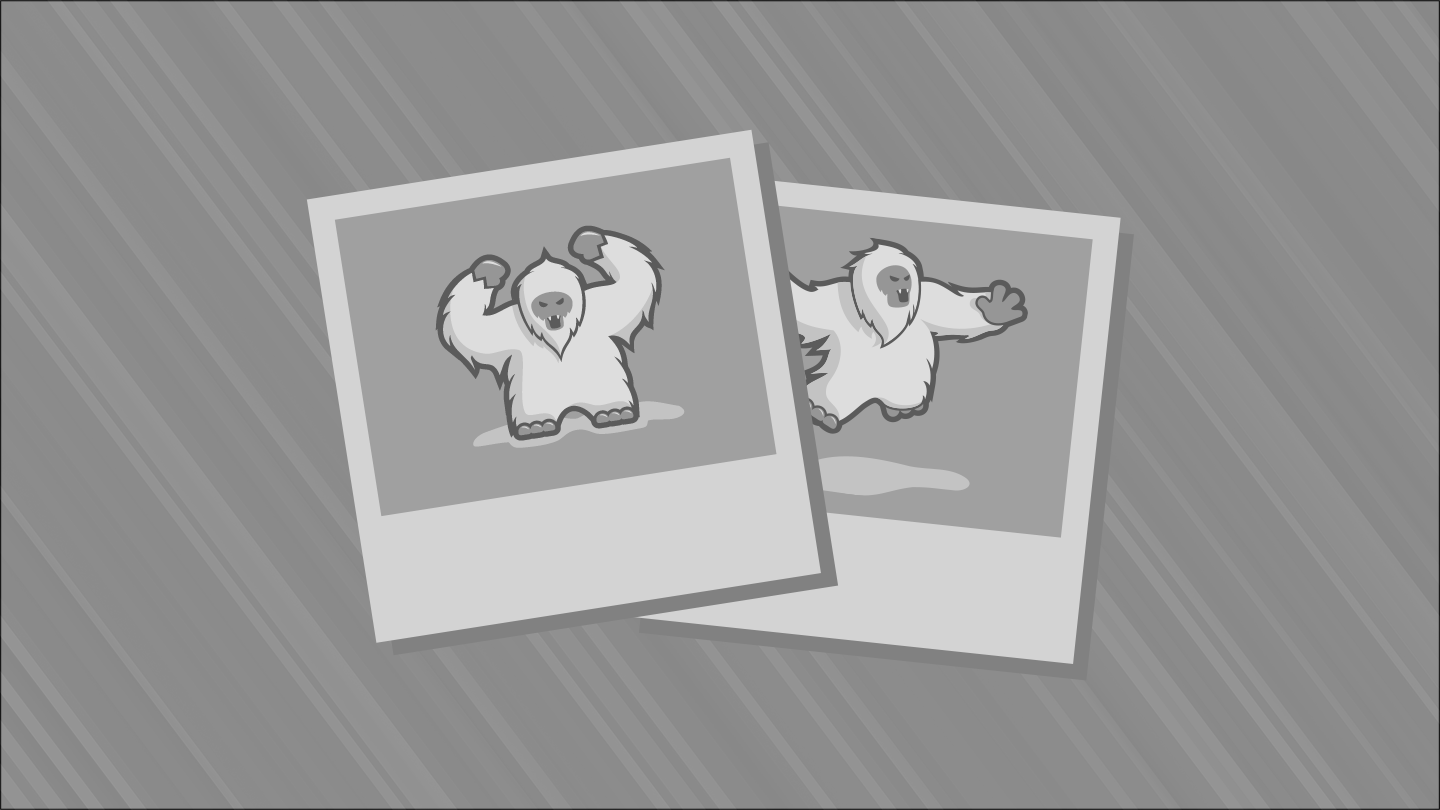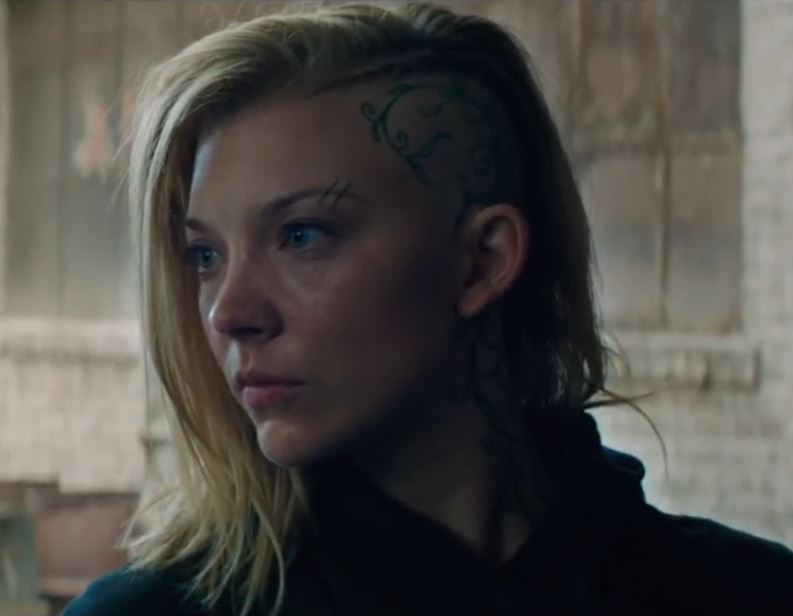I admit I'm being facetious; I don't really know what goes on backstage so it's hard for me to pinpoint what is wrong on an internal level. However, as a viewer I can simply say that the WWE might be the most tone deaf it's been since I can remember. Again, you're not going to please everyone and not every rising star is going to win over the entire crowd. I remember the consensus to Rey Mysterio's 2006 victory to be something along the lines of "Oh hey...neat I guess". Batista's first Rumble win in 2005 also met a similar response despite his character and performance being a little green. But for the past two years WWE have shot themselves in the foot with their mouth agape, wondering why the crowd are chucking their shit right back at them. As a fan, I feel like my opinion doesn't matter anymore, which is kind of a sad thing to comprehend. I frequently visit a forum with a delightful section to discuss wrestling. One of the posters mentioned a video which perfectly summed up the relationship that WWE has with their fans. WWE's obvious contempt and ignorance for it's audience is one thing to sigh over but what's worse is their complete lack of basic storytelling and character development.
So you want to be like Hollywood? Well, Hollywood usually has characters and, funnily enough, some of these characters are pretty likeable. Guardians of the Galaxy had a ragtag of misfits all piled together in a smelly ship but what made the audience fall in love with them was their unique personalities, traits, flaws and story arcs. Rocket Raccoon wasn't just a toy for merchandise and toys, he had unique attributes, skills and a surprising amount of struggle within himself. OK, OK, I'm getting off topic but a large problem WWE has is it's lack of character strength regarding their wrestlers - particularly wrestlers that they are fond of. What the Royal Rumble showed me was that WWE has no interest in their current roster and no idea on how to make them appealing or worthwhile. They're thrown on there on the stage and expected to kill time with no opportunities to shine or any stories to make the crowd care.
Roman Reigns has been kneecapped and thrown to the wolves through no fault of his own. The wincing grimace across his face should never be seen for a guy who just won a first class ticket to Wrestlemania. Sadly, Reigns is a perfect symbol of something promising that's twisted and contorted in order to mollify the arbitrary standards of the holy Vince and pals. Roman Reigns is a wrestler who, despite having a successful run in a prolific stable, is still finding his feet. The higher ups clearly wanted Reigns to be the standout star of the group but Seth Rollins and Dean Ambrose have surpassed Reigns in both character identity and overall performance. Seth has embraced his character as the "Architect"; a cerebral and intelligent opportunist who can still be deadly in the ring. Dean Ambrose found overwhelming success with the image of the "Lunatic Fringe" with his unhinged yet intelligent mindset throwing his opponents off their game. Roman Reigns has wet hair. OK, I'm being unfair to him; Reigns found a lot of success by filling in the role as the "Hot Tag" guy in the Shield. He was extremely effective in cleaning house and finishing off his opponents with his multitude of finishers. The Shield highlighted the guy's strengths yet it also veiled his weaknesses. Roman is still getting his act together in terms of workrate and on the microphone and you know what? That's understandable. Rollins and Ambrose had years of experience on their resume before Reigns had even entered the ring, so it's fair to assume that Reigns wasn't going to develop at the same rate they did. Yet Reigns has been pushed out onto centre stage with not much to work with and he's still green. At least when Batista was green in 2005 there was still a backstory between him and Triple H to carry the feud (And guess what, the match still kind of sucked...). A standard feud with Lesnar ain't gonna cut it.
What's even more baffling is the complete lack of moments that Reigns really had in the Rumble, especially compared to last year. Yet Reigns' booking is only one part of the handful of misdoings at the infamous Philly PPV because nobody really did anything. Like...no one. None. Nada. The WWE had a story served to them in a nice wrapped package with Daniel Bryan. It might be exhausting to harp on the booking of Bryan but if WWE were to take their head out of their ass we'd all be in a much better place. The man who had his dream title-run ripped away from him because of a career threatening injury, coming back and having to overcome all of the odds and slay the dragon that has mauled all of his competitors. It's so simple to tell yet extremely efficacious and it soars over the heads of the writers for reasons that I can't seem to grasp. So we can guess that they don't like the idea of an "Indy guy" coming in and mucking up all of Vince's prized superstars but they must realize that the current myopic mindset that they've had all these years JUST. DOESN'T. WORK. Big Show wasn't your guy, Orton wasn't your guy, Lashley wasn't your guy, Sheamus wasn't your guy and now Roman Reigns has fallen into their ridiculous trend of "Let's make him our guy - and by our guy I mean John Cena". Roman Reigns, the man who has slain half the roster with his gut rupturing spear, the man who looks like a cross between Lobo and Jason Mamoa has been reduced to making Looney Tunes references and "cracking wise".
 |
| Nah, fuck that shit. No one wants to see that again. |
What's so upsetting is that WWE did it AGAIN. They ruined the Royal Rumble and strangled any chances of a coherent and sensible story leading into Wrestlemania so that they can tell their own undecipherable idea of what is entertaining. Why should I get behind Roman Reigns facing Brock Lesnar? I don't want to get behind the guy that lamely quotes Sylvester the Cat, why would anyone want that? It's time to do a lot of damage control, WWE, because if you're still going to spend the next two months sniffing your own farts you're going to be just as baffled when you come across a pro-Lesnar crowd at Wrestlemania. Philly was just the beginning and that Wrestlemania smark crowd will murder poor Roman Reigns. Even the Rock's appearance could not wash the taste out of our mouths from the shit we were fed and it was clearly illustrated in his facial expressions. A post match promo followed on WWE.com which might have been one of the worst promos the Rock had ever delivered; it's understandable after witnessing the train wreck from a first hand perspective and seeing a beloved family member get bent over and fucked through no fault of his own. I like Roman Reigns and I see lots of promise in him, I just don't see any promise in the WWE's booking.
Fool me once, shame on you. Fool me twice, fuck you, WWE.








